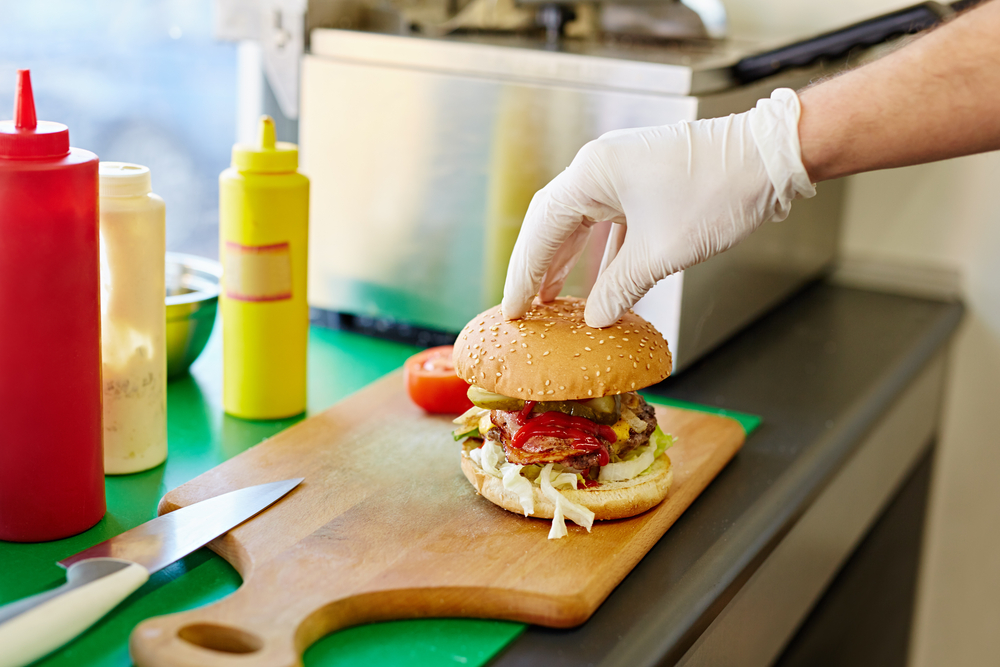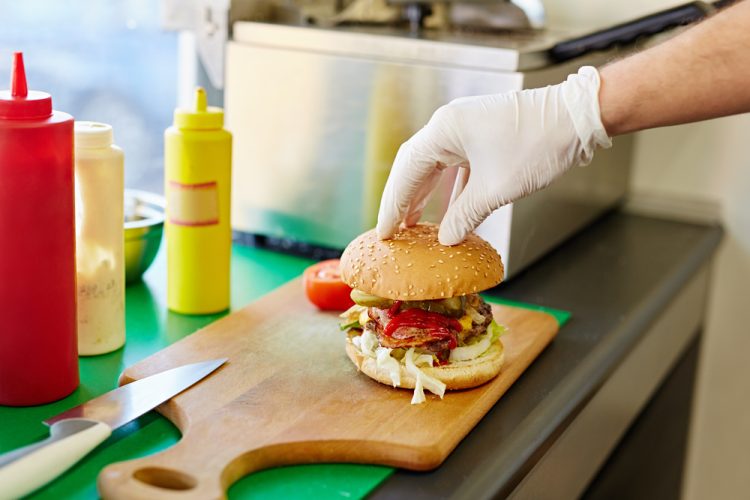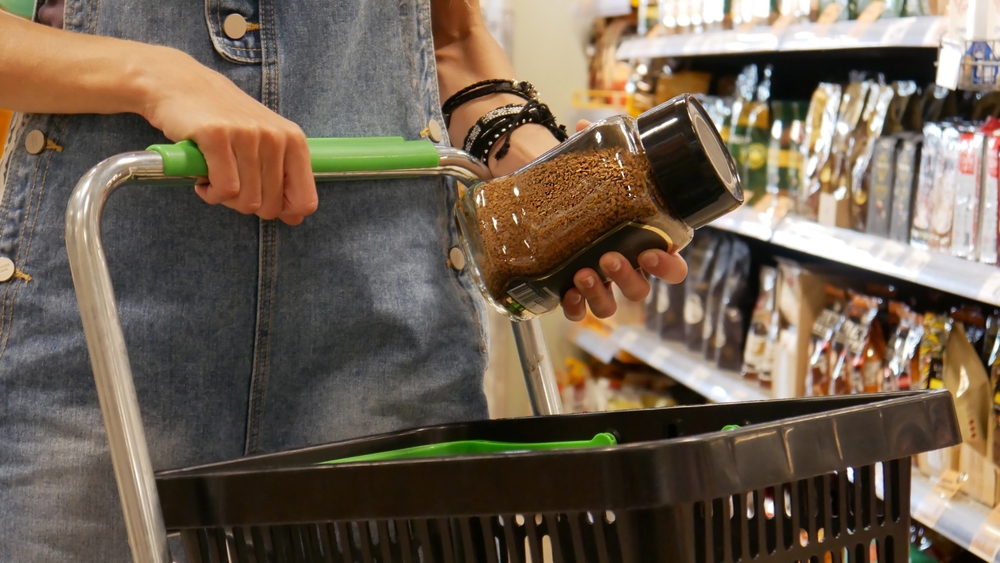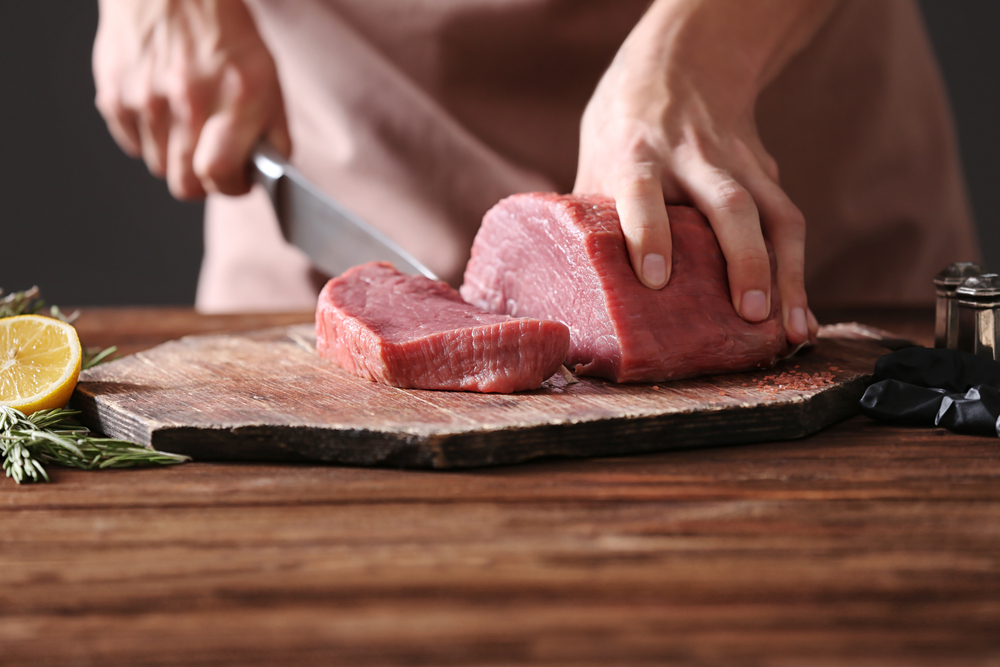
This year’s theme, “Don’t assume gloved hands are clean,” warns the food industry of hidden contamination risks and the dangers of blindly trusting protective gear.


On 18 September, Global Glove Safety Day returns, led by Dr. Darin Detwiler and Eagle Protect, with a stark warning: gloves meant to protect are increasingly acting as hidden sources of food contamination, placing consumers, workers and supply chains at risk.
This year’s theme, “Don’t assume gloved hands are clean hands,” challenges the blind trust often placed in protective gear.
Dr. Detwiler, who lost his 16-month-old son to an E. coli infection in 1993 and has since become one of the foremost voices in food safety reform, stresses the urgency of addressing the issue.
He emphasised:
We assume gloves protect us. But assumptions don’t stop pathogens. Standards do.”
The hidden threats
The issue is widespread. In the US, over 100 billion gloves are used annually, many imported without regulatory testing or oversight. While intended to act as a barrier against contamination, gloves themselves can carry pathogens.
A 2024 peer-reviewed study in the Journal of Food Protection tested 2,800 gloves from 26 global brands and found nearly half contaminated with faecal indicator organisms, including E. coli, Listeria and even Anthrax. For food operators, this shows that safety systems can be compromised before gloves even touch food.
Peer-reviewed studies have linked contaminated gloves to infant deaths from Aspergillus, costly food recalls averaging $10 million, brand damage, consumer distrust and potential legal liabilities.
Steve Ardagh, CEO of Eagle Protect, added:
This isn’t about regulation, it’s about responsibility. You wouldn’t wash your hands in dirty water. Why accept gloves that are manufactured in it?”
How to reduce risk of contamination
Ahead of this year’s event, Eagle Protect has outlined four practical steps to reduce food contamination risk:
- Train workers how to use gloves safely and change them properly.
- Demand transparency: buy only gloves that are independently audited and third-party tested.
- Insist on durability: inferior gloves tear easily, increasing the risk of contamination.
- Challenge procurement teams to choose quality over the status quo.
Dr. Detwiler concluded:
The cost of silence is counted in lives. Let’s not wait until contamination ends in tragedy to ask the hard questions. Let’s act now. Because food safety isn’t just policy: it’s personal.”


